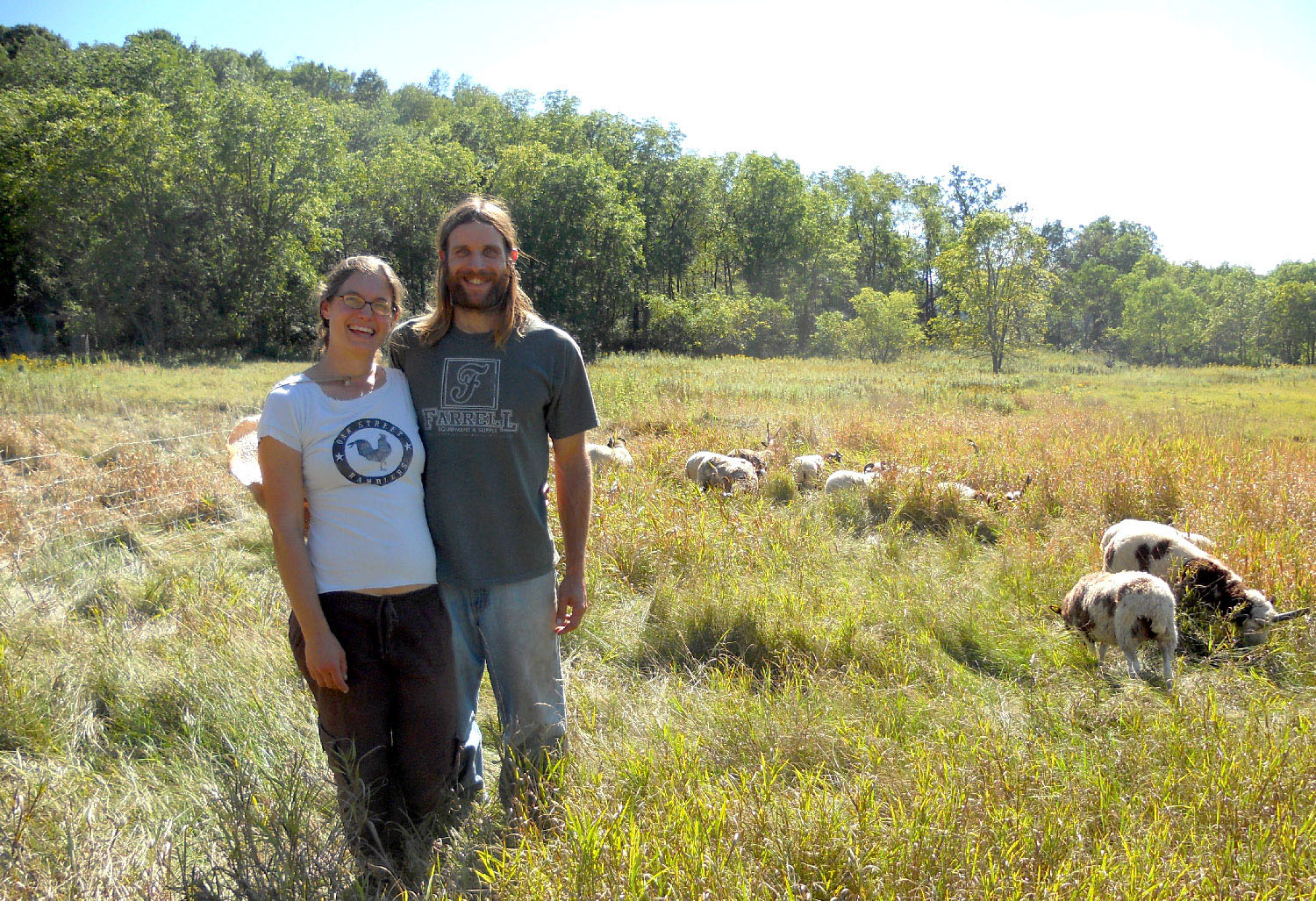10 Practice management and communication skills development
Practice Management/Communication Skills
 Research shows organic and non-conventional clients are passionate about animal, environmental, and human health and acknowledge that this includes animal care. However, many of the encounters with veterinarians and others outside of their organic or non-conventional communities have left producers feeling marginalized, misunderstood, and overlooked. This situation presents an opportunity for growth for animal health practitioners looking to expand and work with these producers. Bridging this gap centers heavily on effective communication. Fortunately, communication is a skill that can be improved with evaluation and practice.
Research shows organic and non-conventional clients are passionate about animal, environmental, and human health and acknowledge that this includes animal care. However, many of the encounters with veterinarians and others outside of their organic or non-conventional communities have left producers feeling marginalized, misunderstood, and overlooked. This situation presents an opportunity for growth for animal health practitioners looking to expand and work with these producers. Bridging this gap centers heavily on effective communication. Fortunately, communication is a skill that can be improved with evaluation and practice.
The first step in expanding business to include non-conventional clients is to be open to different ideas. If you are not willing to consider alternative ways of doing things, it will be difficult to get and keep clients who practice types of farming. Working with O/A farmers will require some research, creativity and outside-the-box thinking. Because they work with various species and different kinds of clients, animal health professionals are already skilled in this area. Expanding your skills to include working with non-conventional clients requires building on these foundational skills. Rising to this challenge can help foster productive, fulfilling, and lasting relationships.
After recognizing it’s possible to do things differently, the next step is to learn about different options which you are already doing by taking the initiative and signing up for this course. However, beyond the information provided in this continuing education course, be willing to learn by doing your own research and learning from your clients. Many have been living and farming with an organic or non-conventional philosophy for decades. Their knowledge from their experiences can be a great source of useful information in practicing in the organic and livestock realm. This does not mean they will know everything, but they will be more receptive to your recommendations if you take the time to listen to theirs. Opening up to them will not be perceived as a weakness or lacking as a professional, but as a collaboration working towards mutual goals. This type of interaction between veterinarian and client builds more productive and long-lasting professional relationships.

Communicating with diverse groups is essential for any successful animal health professional. You have likely worked with people who have various levels of education, experience, beliefs, preferences, and more due to the diversity of farming communities. In most areas, producers are a minority. Little to no education has been given to animal health professionals on farmers’ needs and requirements for maintaining animal health. As a result, communicating effectively with this group is of the utmost importance.
Veterinary technicians are often the first face that clients see or the first voice they hear on the phone when they call for animal health information, or for emergencies. Communication that is clear, considerate, and sympathetic to the client’s wishes and feelings is invaluable to maintaining a professional, welcoming and trusting atmosphere. Other animal health professionals such as extension specialists have the unique opportunity to develop lasting relationships with clients through good communication. The success of agricultural programs often depends on the ability of an extension specialist to communicate and coordinate with producers, veterinarians, and other extension personnel. Clarity and conciseness of a message are key. No matter the role, clear communication is key to successfully working with any type of producer, including those who raise organic and livestock.
Effective communication strategies can help ensure the best possible outcomes for all clients and animals involved. This skill has been shown to promote positive relationships, increase client satisfaction, adherence to recommendations, and increased job satisfaction for the provider (Shaw et al., 2004; Janke et al., 2021). Ultimately, this will improve animal outcomes and quality of life. Communication is a skill that can always be improved with evaluation and practice.
Effective communication is good for successful practice management. It increases job satisfaction overall. Who doesn’t want to be happier at work? Improving your ability to communicate with non-conventional clients enables expansion into this realm. In addition, it is a skill that can be applied both professionally, with clients and co-workers, and personally in relationships outside of work and at home. Improving this skill is not only an investment in your work-life. It is an investment for your whole life. Future chapters in this series will detail how to develop and practice various communication strategies.
Organic and/or Alternative
when a non-mainstream approach is used in place of conventional medicine

